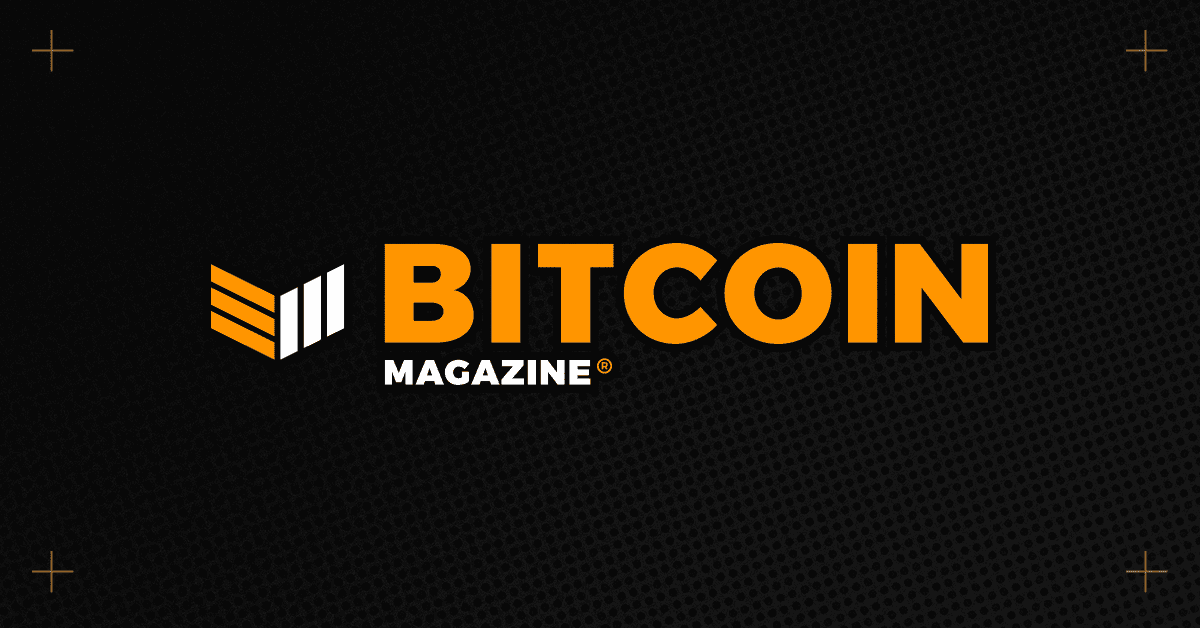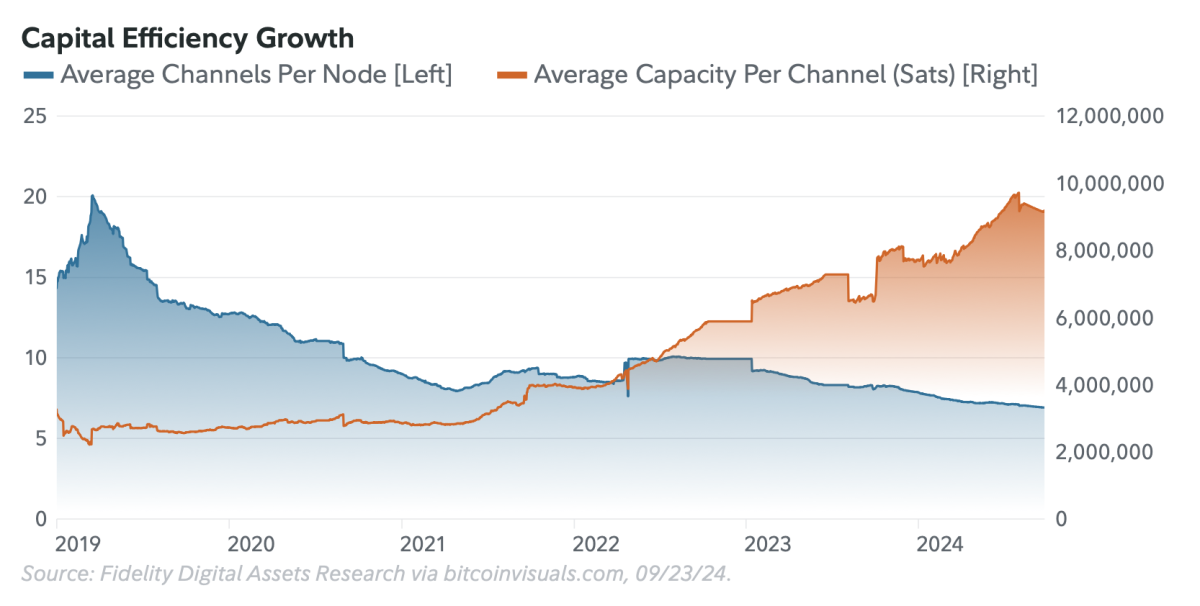Bitcoin Magazine

The University of Austin (UATX) Partners with the Texas Bitcoin Foundation, Bitcoin Policy Institute, Unchained, and Strive to Host the Satoshi Papers Symposium
The University of Austin (UATX) Partners with the Texas Bitcoin Foundation, Bitcoin Policy Institute, Unchained, and Strive to Host the Satoshi Papers Symposium
Press Release
The University of Austin (UATX) has partnered with the Texas Bitcoin Foundation (TBF), Bitcoin Policy Institute (BPI), Unchained, and Strive Asset Management to host the Satoshi Papers Symposium, an academic conference celebrating the launch of the TBF’s first book, The Satoshi Papers: Reflections on Political Economy after Bitcoin.
The Satoshi Papers, published by BPI and edited by TBF executive director and BPI fellow Natalie Smolenski, draws inspiration from the eighteenth-century American debate between the Federalists and Anti-Federalists about the role of government in preserving the liberties of individuals and communities. The book features an open exchange of ideas among scholars about the relationship between money and state in a post-Bitcoin world.
“The Satoshi Papers brings together economists, historians, anthropologists, and other social scientists to think together about how a decentralized digital protocol can inspire the re-formation of existing political and economic institutions,” said Natalie Smolenski, founder and executive director of the Texas Bitcoin Foundation.
Bitcoin Policy Institute, a DC-based policy think tank, launches its book publishing imprint with The Satoshi Papers.
“Launching a publishing imprint represents a natural next step for BPI as we continue to advance the intellectual foundations of Bitcoin policy. And The Satoshi Papers is the perfect inaugural publication — it represents exactly the kind of rigorous academic discourse needed to bridge the gap between Bitcoin innovation and policy development,” said Grant McCarty, co-founder of BPI.
The Satoshi Papers Symposium, which will be hosted on UATX campus on April 16, 2025, features presentations by authors of The Satoshi Papers who are also BPI fellows, including Avik Roy, Josh Hendrickson, Craig Warmke, and Natalie Smolenski. Faculty from the University of Austin will discuss the arguments the authors present in the book.
“At the University of Austin, we are committed to the fearless pursuit of truth and rigorous debate about the ideas shaping our world,” said Chad Thevenot, SVP of Advancements and Communication at the University of Austin. “The Satoshi Papers Symposium is a perfect example of that commitment, bringing together scholars and students to explore the economic and political implications of Bitcoin. We are honored that UATX will be a convening platform for this critical conversation.”
The Symposium uniquely encourages student participation. Thanks to a generous donation from Strive Asset Management, a financial services firm cofounded by Vivek Ramaswamy, all students in the UATX inaugural class will receive copies of The Satoshi Papers and invitations to join the discussion during the Symposium.
Matt Cole, CEO of Strive, said, “Strive believes Bitcoin should be a core allocation in the portfolios of everyday Americans. In light of the inevitable volatility characterizing the early life of a rapidly monetizing new asset, deep education is essential for investors to build and maintain conviction in that allocation. The Satoshi Papers is a vital contribution to Bitcoin education, and we’re honored to partner in hosting the Symposium.”
The Symposium is generously supported by Unchained, an Austin-native financial services firm for bitcoin.
Joe Kelly, co-founder and CEO of Unchained and director of the Texas Bitcoin Foundation, said, “Bitcoin redefines the relationship between money and state, and education is key to that shift. The Satoshi Papers challenges us to think critically about financial sovereignty—something we make real at Unchained by ensuring individuals control their own bitcoin. We’re proud to support this symposium and the broader effort to secure financial freedom for generations to come.”
Unchained will host a public reception, book sale and signing of The Satoshi Papers at the Bitcoin Commons on the evening of April 16th.
About the University of Austin
The University of Austin (UATX) is a new private, nonprofit, nonsectarian university in Austin, Texas, dedicated to the fearless pursuit of truth. Its innovative undergraduate curriculum combines the rich inheritances of the past with the most compelling ideas and initiatives of the present. Each student will undertake a four-year Polaris Project to build, create, or discover something that serves humanity. The University of Austin’s inaugural freshman class began their journey in the fall of 2024. Learn more at uaustin.org.
About the Texas Bitcoin Foundation
The Texas Bitcoin Foundation (TBF) is a public charity dedicated to research and education about Bitcoin and political economy. Founded in 2021 by Natalie Smolenski, the Foundation brings together scholars across disciplines from around the world to explore the social and political impacts of distributed digital technologies. Learn more at txbitcoinfoundation.org.
About Bitcoin Policy Institute
Bitcoin Policy Institute (BPI) is a nonpartisan, nonprofit think tank located in Washington, DC. It is dedicated to educating policymakers and the public about Bitcoin and disruptive digital technologies, providing research-based insights to inform sound policy in the United States. Learn more at btcpolicy.org.
About Unchained
Unchained is the most trusted name in premium bitcoin financial services, securing over 100,000 BTC through a collaborative custody model that combines institutional-grade security with white-glove service for high-net-worth individuals, families, and businesses. Learn more at unchained.com.
About Strive
Co-founded in 2022 by Vivek Ramaswamy, Strive is a financial services firm with a mission to maximize value for its clients through unapologetic capitalism. The firm has quickly grown to manage $1.7 billion in assets since the launch of its first fund in August 2022, competing directly with the world’s largest financial institutions by empowering Americans to invest with a sole focus on shareholder value maximization. Strive recently launched a wealth management business unit to offer true financial freedom, including the tailored integration of Bitcoin into the portfolios of everyday Americans. Learn more at strive.com.
This post The University of Austin (UATX) Partners with the Texas Bitcoin Foundation, Bitcoin Policy Institute, Unchained, and Strive to Host the Satoshi Papers Symposium first appeared on Bitcoin Magazine and is written by Lana Miles.



